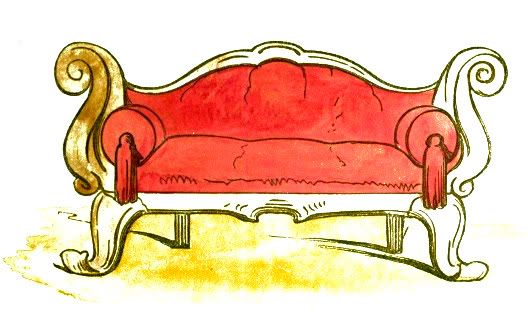 |
| James Joyce in 1904 |
Ever since I left for Ireland, I’ve been carrying around the next book Dubliners. This book which is a compilation of fifteen separate short stories was written by James Joyce in and about early 20th Century life in Dublin. The stories are told through the eyes of narrators at various stages in life, and each is progressively older than the next.
It took me awhile to really get into this, and it may just be because the writing style is so relaxed and fluid. The stories need no build up or introduction, and as you read, you have to allow yourself to fall into the scene.
What I have found to be most intriguing is the simplicity and realism within each story. Joyce is the type who picks each word carefully and will not overdo the description. Because of this, time seems to pass at the true pace of experiencing a memory.
These scenes are snippets of average, everyday life for all middle class Dubliners at this time. But there is also a powerful message in each one of these stories. I find most of them are unsettling in some way. Each seems to hold a key lesson. There is always something to be silently observed from the distance in these stories, and the difference between succeeding and failing at what appears the smallest insignificant moment becomes symbolic of the larger picture.
These scenes are snippets of average, everyday life for all middle class Dubliners at this time. But there is also a powerful message in each one of these stories. I find most of them are unsettling in some way. Each seems to hold a key lesson. There is always something to be silently observed from the distance in these stories, and the difference between succeeding and failing at what appears the smallest insignificant moment becomes symbolic of the larger picture.
Much of Joyce’s intent when it comes to the emotion of each story is to demonstrate how life is never as simple as it seems on the surface for a Dubliner. Routine is inevitable at the end of the day. To break away requires change for the better and can depend on another's cooperation. Or the joys in life may very well be missed for fear of taking the next step into the unknown.
 |
| The Liffey Swim by Jack Butler Yeats |
 Sofa Cushions
Sofa Cushions

